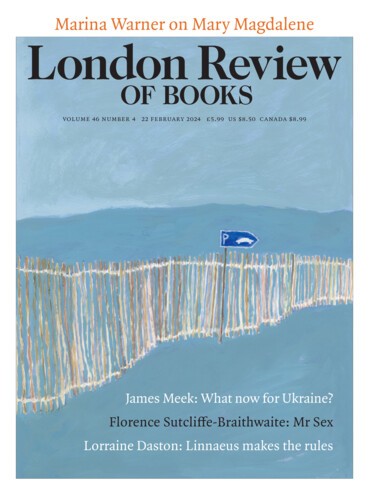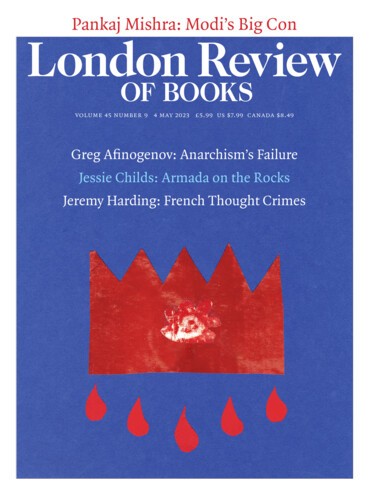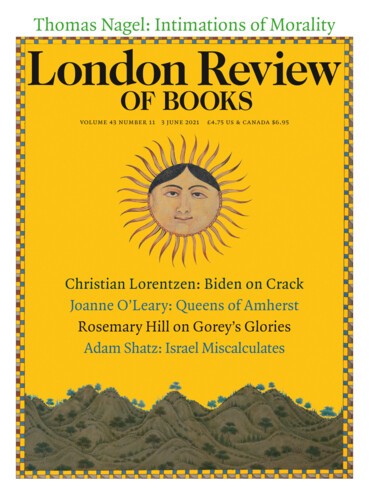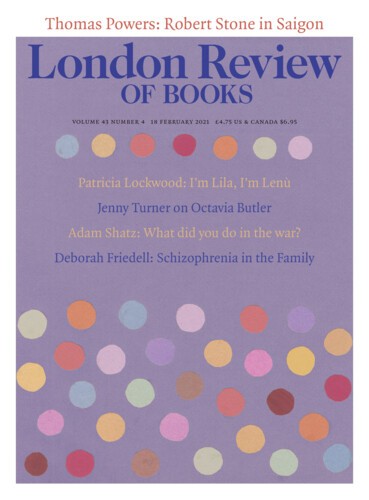Kieran Setiya
Kieran Setiya teaches philosophy at MIT. He is the author of Midlife: A Philosophical Guide, and is working on a book about philosophy and adversity.
What’s the Use?
4 May 2023
Quadruple Tremolo: Philosophy Then
Kieran Setiya, 4 May 2023
In August 1977, the New York Times ran a profile of the philosopher Saul Kripke, then 36 years old. Aged 17, he had proved a new result in modal logic – the logic of necessity and possibility – by building a mathematical model of ‘possible worlds’. He went on to transform philosophy, reviving dormant metaphysical questions. What makes us the particular people we are?...
Right and Wrong
3 June 2021
The Ramsey Effect
Kieran Setiya, 18 February 2021
Picture, if you can, a single person with the talents of Keats, Schubert and Seurat: an inspired poet, a prodigious composer, a revolutionary painter, a figure of unlimited promise who died, like them, in his youthful prime. If you replace poetry, music and painting with mathematics, economics and philosophy, the person you end up with is Frank Plumpton Ramsey. A fellow of King’s...
Read anywhere with the London Review of Books app, available now from the App Store for Apple devices, Google Play for Android devices and Amazon for your Kindle Fire.
Sign up to our newsletter
For highlights from the latest issue, our archive and the blog, as well as news, events and exclusive promotions.




